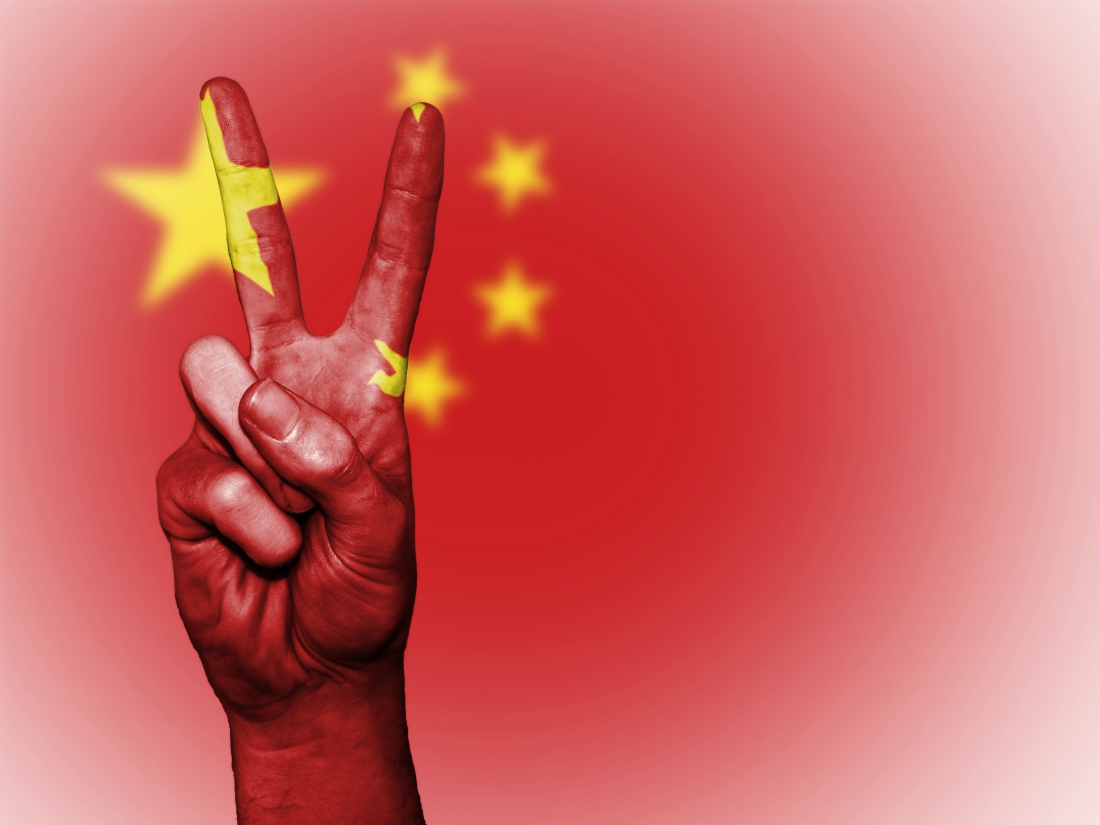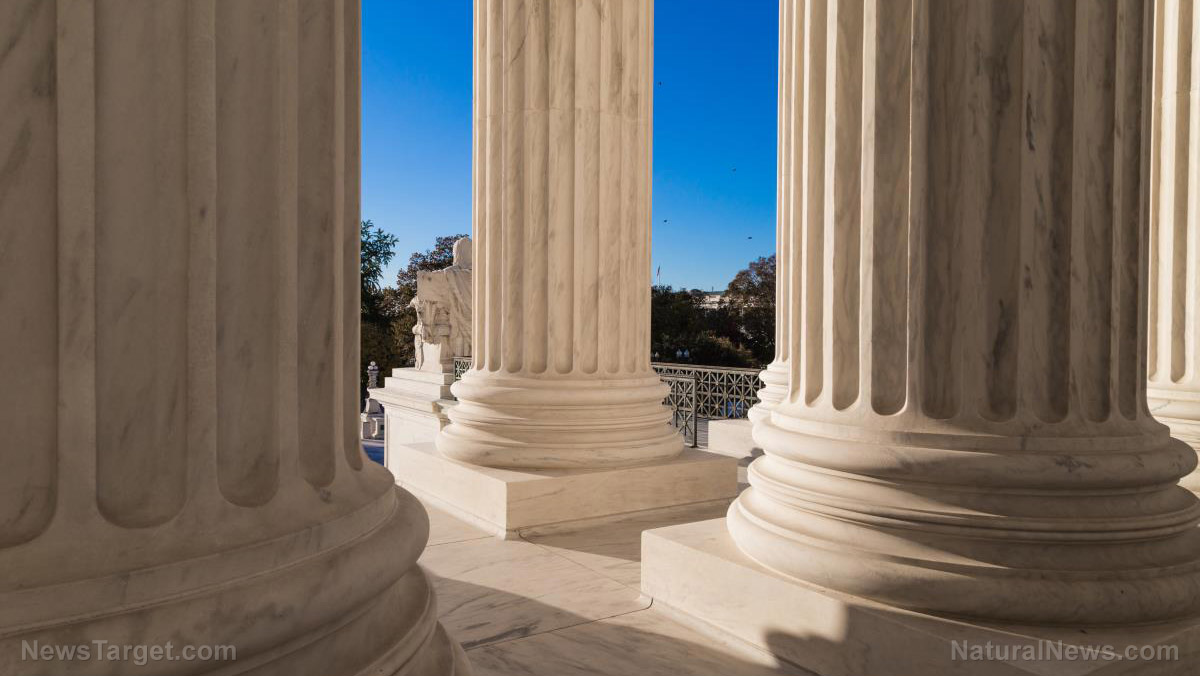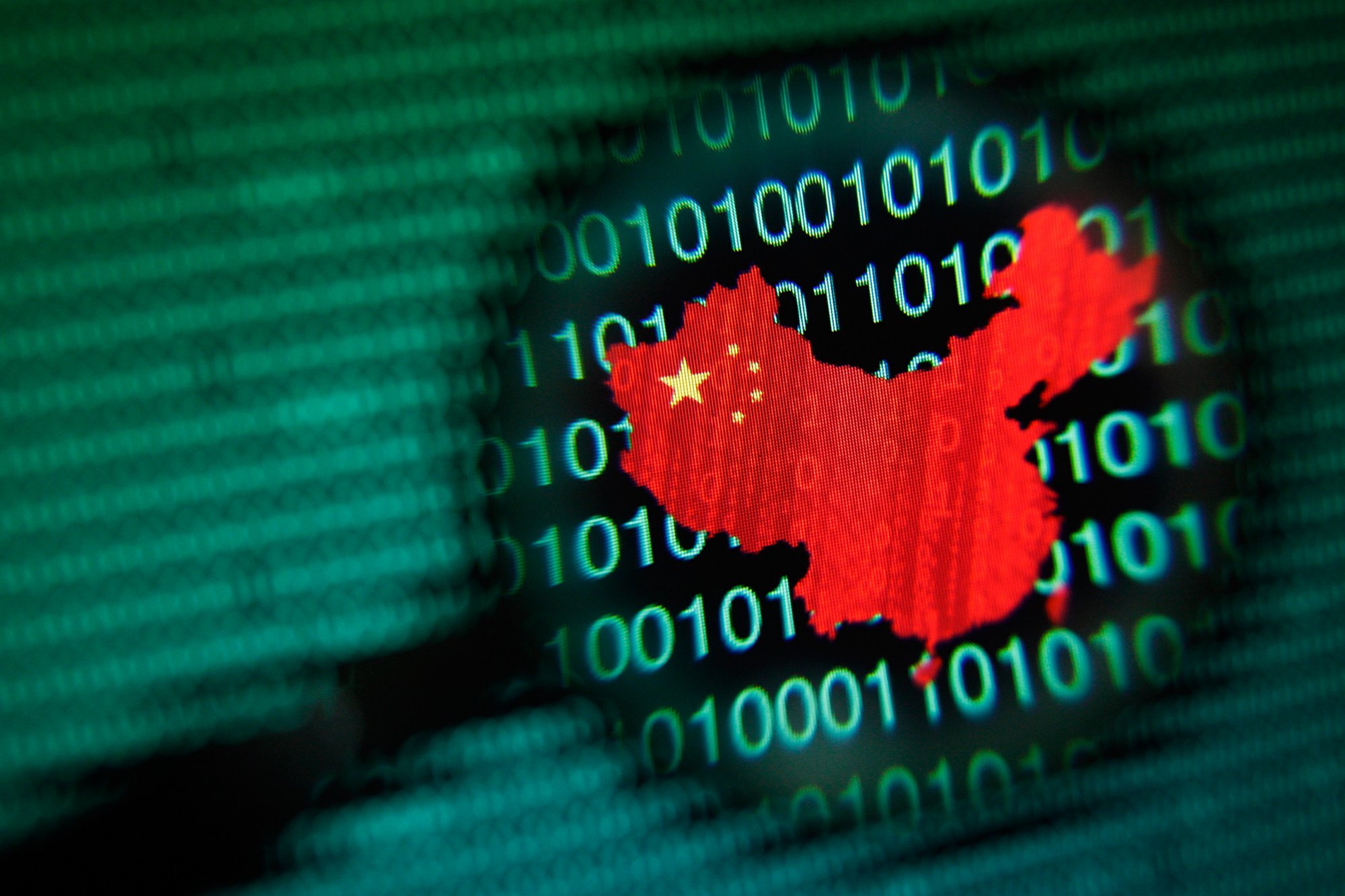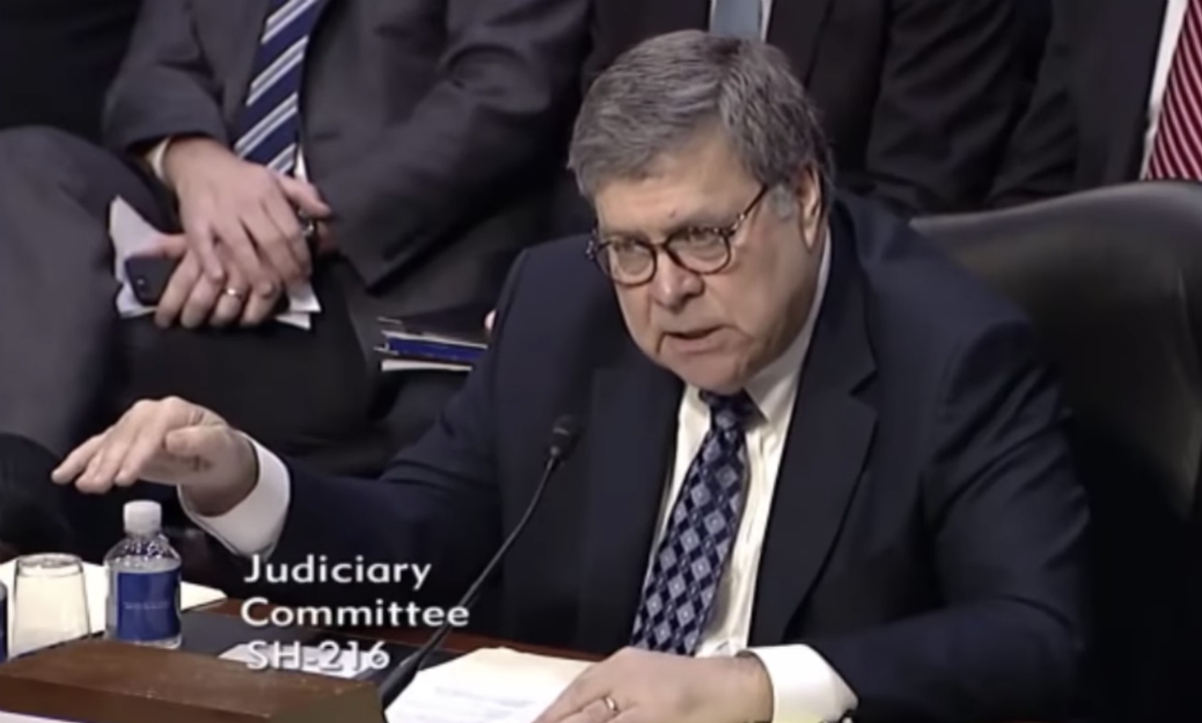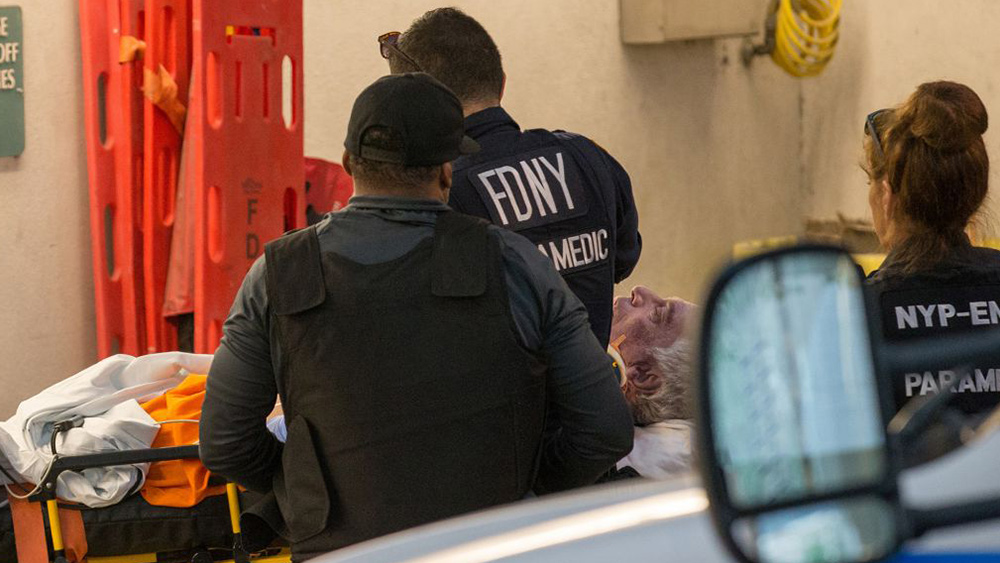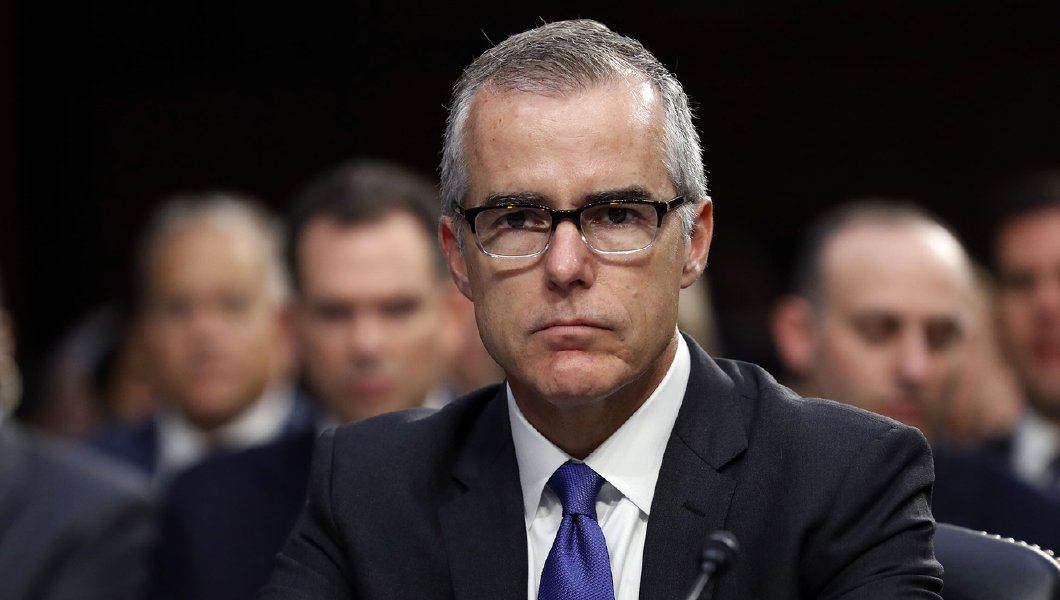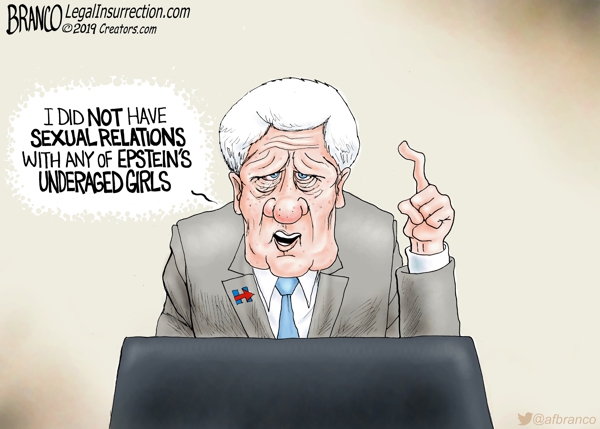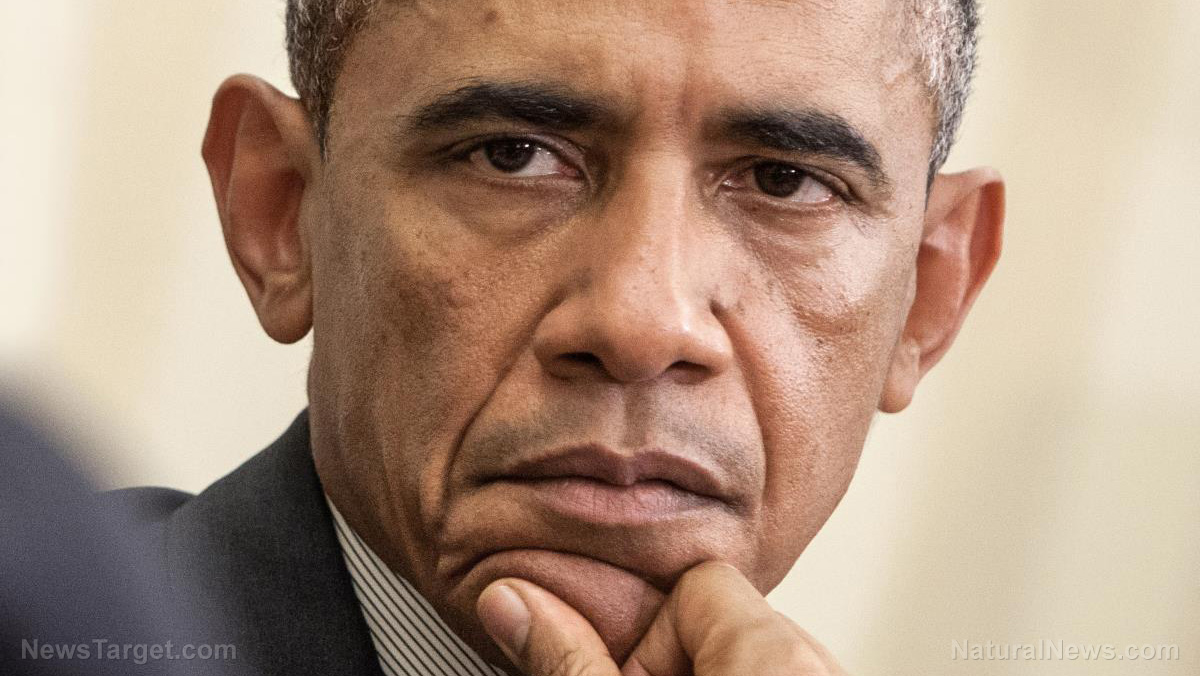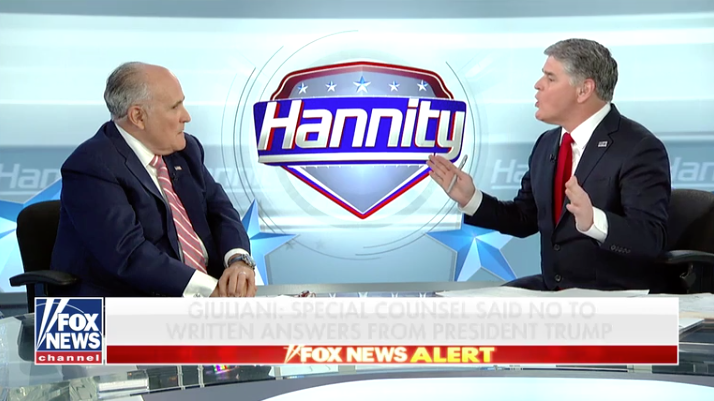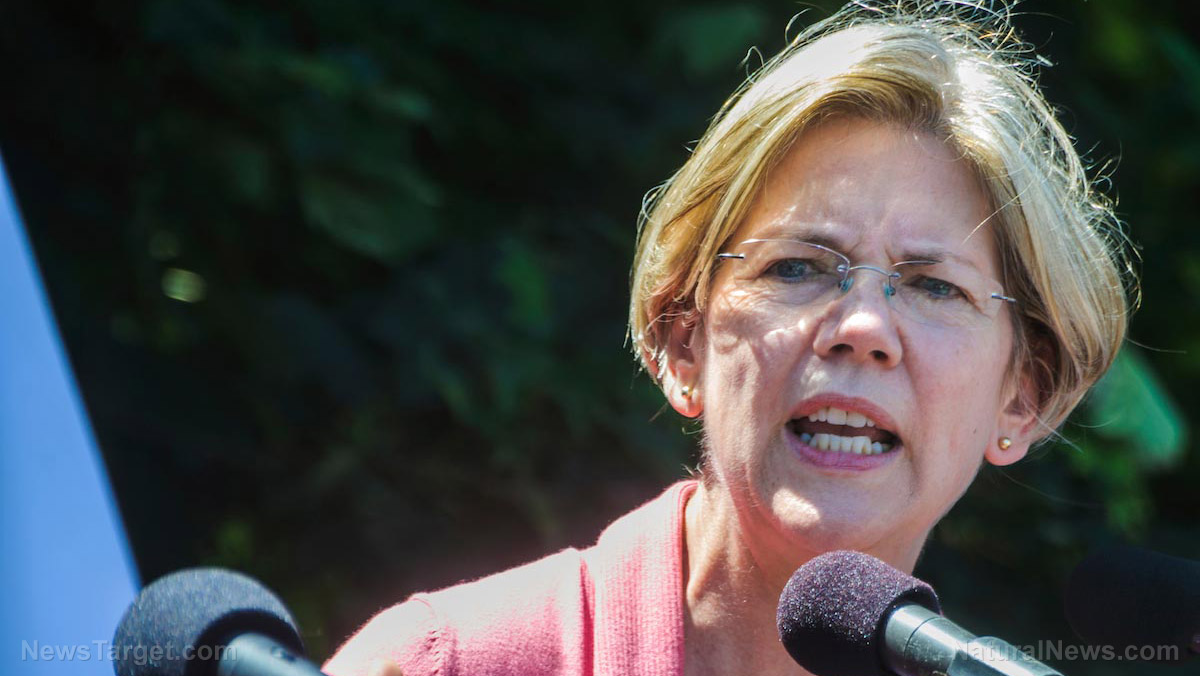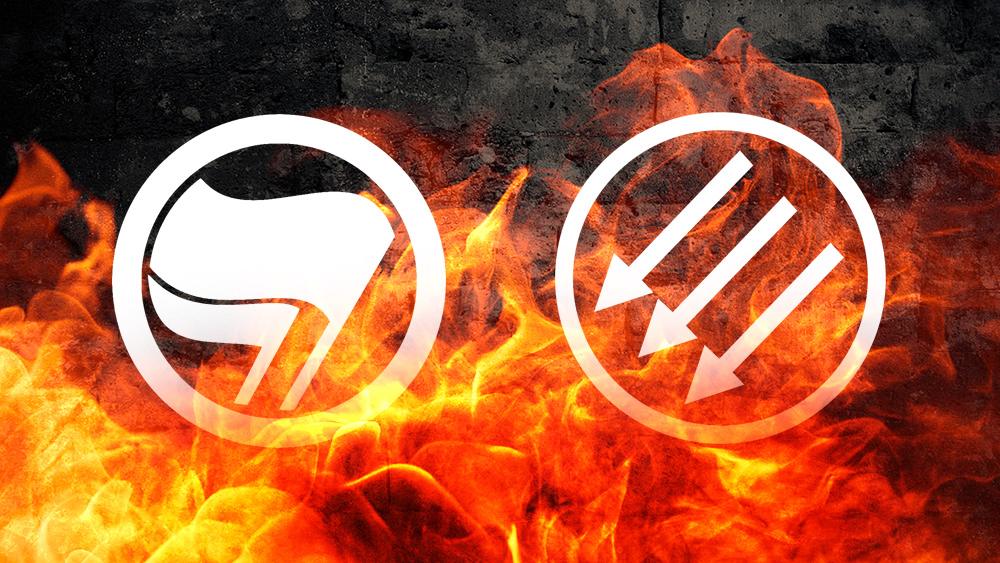Cargo ship busted with over a billion dollars worth of cocaine was owned by JP Morgan Chase
08/20/2019 / By Vicki Batts

JPMorgan Chase, one of the largest banks in the United States, is the owner of a cargo ship found carrying over $1 billion worth of cocaine at a port in Philadelphia recently. More than 20 tons of cocaine were seized from the MSC Gayane, the ship in question.
Mainstream media outlets have been quick to report that the “bank does not have any operational control of the vessel, a Liberian-flagged ship that is run by the Swiss-based Mediterranean Shipping Company.” According to the report from CBS, an anonymous source close to the situation said the MSC Gayane is part of JPMorgan Chase’s “transportation strategy fund run for the bank’s asset management unit.”
Now, many people are wondering what JPMorgan Chase is doing with a cargo ship full of cocaine. Big Banks have been accused of getting heavily involved with money laundering and now it looks like they’re adding drug trafficking schemes to their repertoires, and who knows what else.
A cargo ship full of cocaine
As CBS reports, the MSC Gayane was raided in June after $1.3 billion in cocaine was found on board. While the mainstream media has been quick to erase any signs of guilt from JPMorgan Chase, this is not the first time a big bank has been caught up in the drug trade. In 2018, Rabobank, a large Dutch bank, was accused of laundering money for Mexican drug cartels — and later paid out a $369 million settlement to deal with the allegations that they lied to officials during that investigation.
The Rabobank settlement marks one of the largest settlements a bank has had to pay in relation to Mexican drug money laundering charges. In 2010, Wachovia Bank paid out $160 million. Both settlements pale in comparison to Britain’s HSBC — which was forced to pay $1.9 billion for money laundering in 2012.
But the 2010 Wachovia Bank scandal seems eerily reminiscent of the one striking JPMorgan Chase today. As Bloomberg reports, JPMorgan purchased the Gayane for the Mediterranean Shipping Company (MSC). The ship was built in 2018 and cost $90 million. According to the report, MSC operates the ship and JPMorgan’s ownership is nothing but a financing matter: MSC leases the ship from them, rather than taking out a loan.
Bankers break the laws
In 2010, Wachovia’s undoing came when it was discovered that a plane was purchased by the Sinaloa drug cartel with money laundered through the bank. Authorities may eventually discover that the MSC Gayane has a similar history. Given that JPMorgan has a sordid history of its own, it’s hard to believe that the MSC Gayane was mysteriously loaded up with 20 tons of cocaine and nobody was the wiser.
Over the years, JPMorgan Chase has been accused of several dirty deeds — many of which cost them millions of dollars in fines. In 2018, the bank was hit with $135 million in fines for mishandling U.S. securities. That same year, JPMorgan was slapped with another $65 million penalty for trying to rig benchmark rates.
In 2017, Swiss financial regulators said JPMorgan Chase’s Switzerland subsidiary “seriously breached” anti-money laundering laws.
And in 2011, the bank was fined $88 million for violating U.S. sanctions against regimes in Cuba, Iran, Sudan and Liberia. Among other charges, JPMorgan Chase was accused of illegally processing wire transfers totaling $178.5 million to Cuban nationals and illegally financing a ship belonging to Iran Shipping Lines. The bank knew of the violation but delayed reporting it until they were about to be paid back.
JPMorgan Chase and other big banks have repeatedly broken laws and violated sanctions for financial gain. The fines levied against JPMorgan and others like them are nothing but a slap on the wrist. Corrupt corporations are everywhere, and Big Government is doing precious little to stop them. See more coverage of corporate corruption at Evil.news.
Sources for this article include:
Tagged Under: bankers, banks, cargo ship, cocaine, corruption, criminals, drug cartels, drug money, drug trafficking, drugs, economics, evil corporation, finance, JPMorgan Chase, money laundering
RECENT NEWS & ARTICLES
COPYRIGHT © 2017 CORRUPTION NEWS

